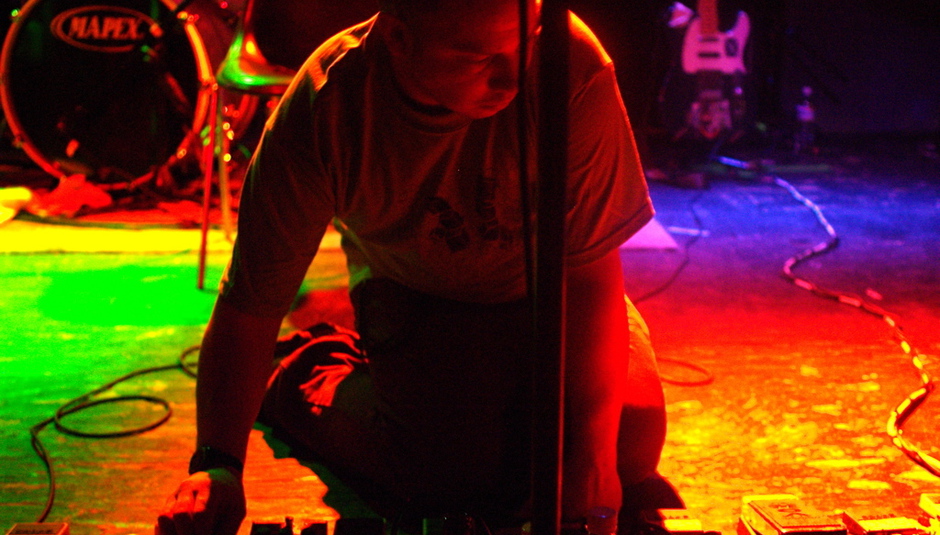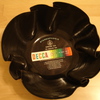To get a musicians point of view of things, we asked Stuart Braithwaite from Mogwai, what he thinks to the current state of music journalism.
Words: Stuart Leslie Braithwaite
At the start of the new millennium there was clearly seismic movement in the world of music. Not music itself but in the way we obtained, heard about and judged music. And I, for one, am more than a little disappointed about what the outcome of these changes says about us all.
Let me take you back to 1995, the year that my band started. In 1995 there were only two ways of hearing music. You either bought it or you heard it on the radio. If you bought it there was every chance that you were buying something that you had never actually heard but were doing so because you had read about it either in a fanzine or the music press. Having parted with your ill-gotten funds and stuck with the record until you either fell in love with it or poured scorn on the writer who writer or acquaintance who had pointed you in its direction in the first place. I’m sure anyone over 25 is thinking so what, but to those under that age the idea of not hearing a band until you physically posses the record is as strange to someone my age (33, in case you were wondering) as stories of food rationing from our parents.
The NME and Melody Maker (and, back in time, Sounds) were huge in letting me know about exciting new music when I was younger. I’ll leave it to bitter Guardian journalists to write the scathing comparisons between the modern and bygone weekly music press but I think what has been largely forgotten was the huge power in shaping people’s tastes in music that they had. Some would argue that the editorial policy being run by brand managers rather than music obsessives is the difference between then and now but I would argue that that is a symptom rather than a cause, and what took the power away from the small band of Oxford graduates in a big building in London is the internet. And I’m not sure that we have anything better now.
It’s 2009 and the idea of even waiting for the release of a record before hearing it never mind buying it is antiquated. The very mention of a new band’s name and you can go to their MySpace and hear what they sound like. I became aware of this when we were touring before our third record and people clearly knew the songs, even though the record was months from release. I’m not whinging about lack of sales through downloading, incidentally. It’s more how we see music through these changes that interest me. When music became freely available in this way, it excited me on so many levels. Imagining suddenly that we’d all become free of the shackles of the herd mentality to music and all become wiser and everyone with an amazing song or idea would be able to distribute their music to anyone and everything was going to be wonderful.
When I was younger I used to think that the only reason that Labradford sold a fraction of the amount of record Robbie Williams did was because people hadn’t had the chance to hear them. I was wrong. So. Fucking. Wrong.
In 2009 the source of critical opinion has changed but the outcome is the exact same. Swap 90s NME for 00s Pitchfork and people are still willing to buy into pretty much anything they are presented with. Both publications have of course championed some great music but isn’t it a little bit sad that with all the music now at our fingertips we still need someone else to tell us what to like?
Bah humbug.
Photo by Base10






















